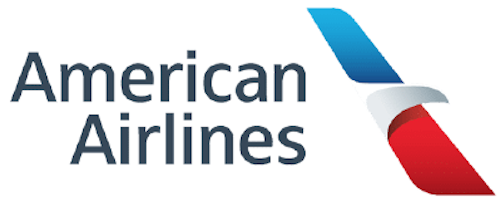
Editor’s Note
The following message was submitted as a comment to the American Airlines regarding the recently incident that resulted is a mother and her son, both diagnosed with a rare skin disorder (ichthyosis) and removed from a flight. SEE USA TODAY
REFUSAL TO TRANSPORT
According to the International General Rules (AA1) posted on your website (https://www.aa.com/i18n/Tariffs/AA1.html) under the category (Refusal to Transport – Limitations of Carrier), item #75 provides for the refusal of “Persons who have an obvious contagious disease”.
On its face the “Refusal to Transport Rule” rule seems quite reasonable. No one wants to be on a plane (any carrier) with a person with a contagious disease. However, it is the word “OBVIOUS” that opens a Pandora’s Box filled with sickness, death and other things no one would want in row 15 on a flight from Dallas to anywhere. “OBVIOUS” to whom?
The removal of Baby Jackson and Jordan, his mother was neither justified nor appropriate?
The Genetic and Rare Diseases (GARD) information Center, funded by the National Institutes of Health, maintains a comprehensive database of over 7,000 rare diseases including 597 rare skin diseases, e.g., ichthyosis. In the U.S., a rare disease is one that affects less than 200,000 Americans. How could a flight attendant know that the mother and baby with a skin rash were contagious? Balderdash!
There are an estimated 808 Americans diagnosed with an even more rare skin disease that ichthyosis. My rare disease is pityriasis rubra pilaris, an autoinflammatory skin disorder with no know cause or cure. One thing we do know is that PRP is NOT CONTAGIOUS. With a prevalence rate of one in 400,000, there are only an estimated 808 PRP patients in the U.S. under treatment.
Here’s the rub … even most dermatologists will never treat a PRP patient in their career. Under the best of circumstances, PRP is too often misdiagnosed as some other more common skin malady, e.g., psoriasis with 2.5 million sufferers in the U.S. It may take weeks, months or even years before a correct diagnosis is rendered. By it very nature it is often a challenge to diagnose rare disease in a timely manner.
Therefore, it is quite unreasonable to assume that a flight attendant or ANY member of the flight crew could have the requisite skills to accurately diagnose a rare skin disease and be able to assess – in the middle of the boarding process – whether a passenger is contagious or not.
Rare diseases affect 25-30 million Americans, about 10 percent of the nation’s population. The two passengers removed by American Airlines employees were not contagious. It should be noted that the odds are pretty good that 10 percent of the passengers on the flight with Baby Jackson and Jordan were themselves suffering from a rare disease. On fact, with a workforce of over 130,000 employees, there are probably 13,000 airline personnel suffering from a rare disease. Now add their families. Get the picture?
At the very least, American Airlines should take the opportunity to reach out to the National Organization of Rare Disorders (NORD) for their advice and counsel. As American Airlines investigates the incident, NORD should be part of their path forward.
Bill McCue
Founder & President
PRP Alliance
